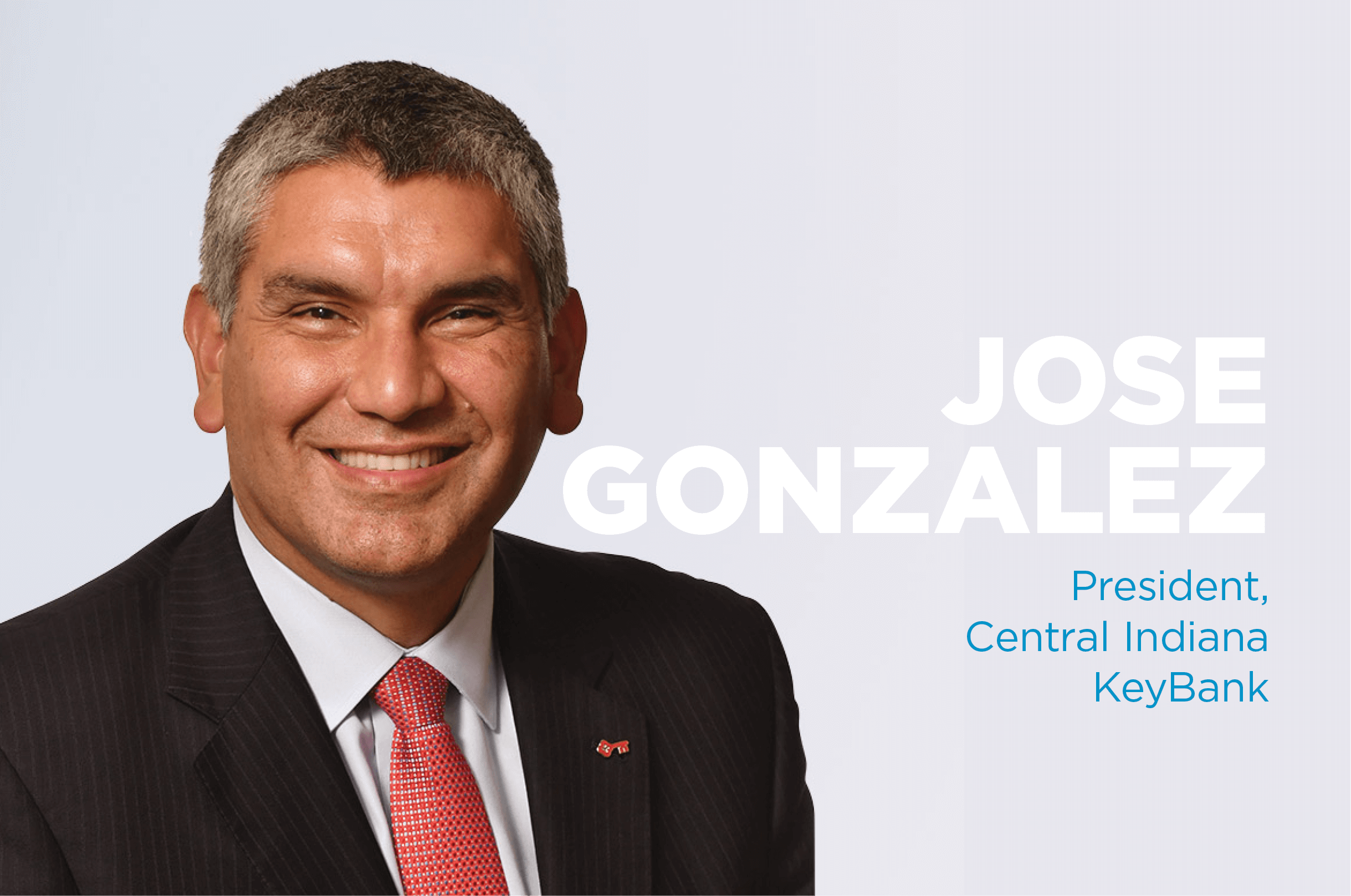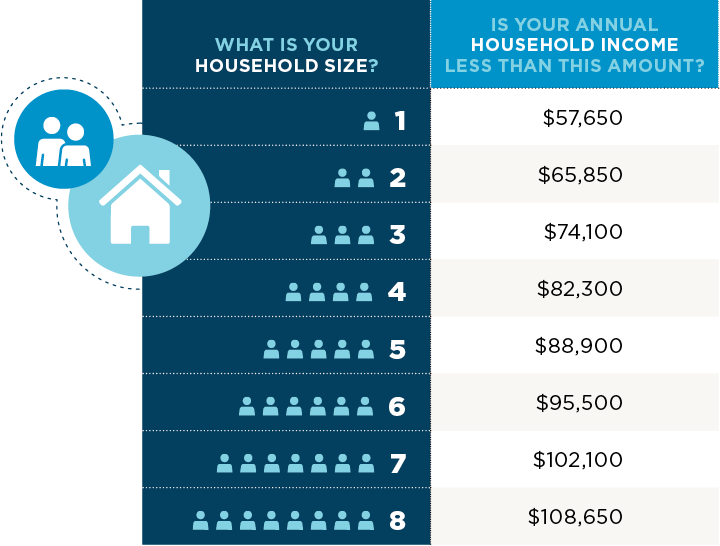CELEBRATING HOMEOWNERSHIP
For many people, owning a home represents stability, independence and freedom. Buying a home expands options for the future, whether you plan to sell and make a profit or leverage the equity in your home to pay for other major expenses.
June marks National Homeownership Month — an opportunity to highlight the benefits that homeownership brings to families, neighborhoods, and communities. INHP board members join us in celebrating homeownership. Here they share just a few of the reasons why they support INHP with their time, talent and treasure.

“Homeownership is the American dream and an important part of our region’s economic engine.”

“We are proud to support INHP’s fresh approach and transformative solutions to increase affordable, sustainable housing in Indianapolis.”

“Housing is one of the basic needs of all people. Having the ability to provide input into INHP’s strategy to address the housing needs of our community is a great honor.”

“In our community, INHP is the leading organization in providing innovative ways to help families in need find a place they can call home.”

MOIRA CARLSTEDT
“INHP provides qualified consumers with low and moderate incomes access to loan programs to purchase or repair a home.”

MARK KUGAR
“We know that fostering true equality means supporting individuals and communities as well as businesses.”

TONY MASON
“I support our diligent and successful efforts in providing affordable loan products, guidance, and access to the economic independence that accompanies homeownership for African Americans.”

MARSHAWN WOLLEY
“I stand on the shoulders of Black leaders who advocated for a housing solution for qualified people with low and moderate incomes access in our community.”

JOHN HIRSCHMAN
“Browning is an enthusiastic supporter of INHP and its mission of providing affordable and sustainable housing opportunities for every person in Indianapolis.”

JEFFREY KITTLE
“We recognize the critical leadership INHP provides in community development, education and outreach.”

JOHN CORBIN
“Partnering with INHP is a wonderful way that Huntington can invest in our community to ensure that every person in Indianapolis can have the opportunity to live in a safe, decent and affordable home in a vibrant neighborhood.”

LACY DUBOSE
“It’s part of our philanthropic mission to build stronger communities, especially during this pandemic where we’ve seen the intensified need for housing security.”

BILL BOWER
“INHP brings together the energy and passion of some of the most dynamic organizations and not-for-profit entities in Indianapolis to make sure access to housing is fair, affordable, and is a priority within our community.”

GINA MILLER
“My “why” for serving on the INHP Board of Directors is the great work they do in our Central Indiana Community.”

DAWN HAUT
“In our eyes, housing is health care, and it is vital to maintaining a healthy and vibrant life for community members and families.”

DAVID HAMPTON
“INHP is committed to closing the racial wealth gap, and offers holistic solutions through classes, down payment assistance, home repair, lending services, and much more.”
CELEBRATING 2020 SUCCESSES
0
HOME PURCHASE LOANS CLOSED0
HOME REPAIR LOANS MADE0
HOUSEHOLDS EDUCATED0
CLIENTS’ AVERAGE CREDIT SCORE INCREASE0
AFFORDABLE HOUSING UNITS SUPPORTEDAVAILABLE HOUSING RESEARCH
Beyond voicing support for INHP and homeownership, the research speaks for itself. Research shows that access to affordable housing improves quality of life and that Indianapolis currently has a shortage of affordable options. Through research-based, data-driven partnerships, INHP is uniquely positioned to address these challenges.
Recent studies show:
- Secure, stable housing is essential for maintaining well-being across dimensions of physical and mental health.
- Investments that create quality housing opportunities and improve neighborhood conditions can promote positive health-related outcomes.
- Cost-burdened families may prioritize housing expenses over health care costs, which can lead to detrimental health outcomes.
Recent studies show:
- A child’s home and neighborhood environment can substantially influence his or her academic potential.
- Children of low-income families with higher levels of housing cost burdens generally perform worse on standardized tests and achieve lower levels of educational attainment than those whose families spend around 30 percent of income on housing.
- Housing opportunities and improved neighborhood conditions can promote academic achievement and educational attainment for families with young children.
Recent studies show:
- Accessing homeownership opportunities continues to be difficult for many low- and moderate-income people.
- A home continues to be the primary source of wealth for low- and moderate-income homeowners, and homeownership may provide extra financial security in retirement.
- Neighborhoods with concentrated poverty have a difficult time moving beyond cycles of distress.
- Housing opportunities and improved neighborhood conditions can yield benefits that promote economic mobility, especially when programs assist families with young children.
Recent studies show:
- Exposure to toxins has been linked to an elevated risk of several adverse health outcomes, including cancer, neurological impairment, developmental delays, asthma and other maladies.
- Research has shown that toxins in the home, such as lead, asbestos, mold and contaminated water, are significant contributors to adverse health outcomes, especially among youth.
- Minority and low-income neighborhoods have higher risks of environmental exposure to toxins, which carry many of the same health risks as household toxins.
Recent studies show:
- Allostatic load is a measure of the cumulative impact that stressful life circumstances have on a person’s mental and physical well-being over the course of their life.
- Researchers have found that elevated allostatic load increases the likelihood of adverse health outcomes.
- Several research studies have identified a connection between distressed neighborhoods and heightened allostatic load among residents.
- The ways that neighborhood distress specifically contribute to elevated allostatic load aren’t clearly understood; researchers are beginning to explore these connections.
Low-Income Housing Tax Credits appeals to a bipartisan audience because it increases the supply of affordable housing while leveraging private investment.
Increasing the supply of affordable housing will require a multi-faceted, long-term, and coordinated effort across all levels of government to address challenging issues such as overcoming regulatory barriers to development, increasing density to increase housing supply, and improving underlying conditions in disadvantaged neighborhoods.
Government involvement in the housing finance system has resulted in much broader access to housing finance for homeowners.
The potential for the US to meet affordable housing goals continues to be strongly influenced by government regulations and governmental institutions.
INHP IN THE COMMUNITY
INHP provides unbiased guidance so clients can discover and compare affordable mortgage options.
INHP provides qualified consumers with low and moderate incomes access to loan programs to purchase or repair a home.
INHP enables clients to become knowledgeable homebuyers while preparing them to sustain their investment.
INHP believes everyone should have the opportunity to live in a safe, decent and affordable home in a vibrant neighborhood.
INHP helps clients prepare for homeownership with one-on-one homeownership advising and financial education.



